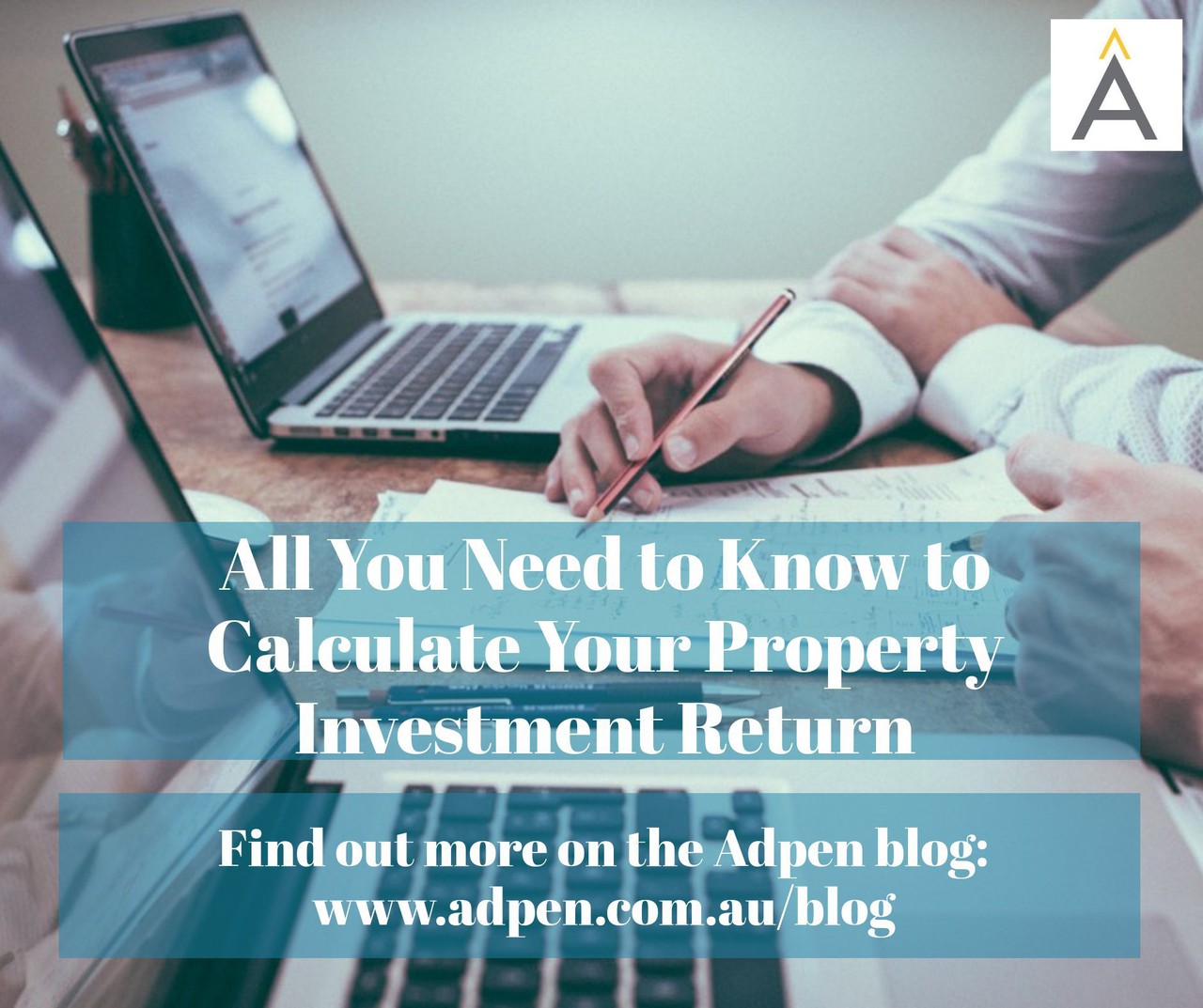So, you’ve invested thousands in a piece of property. That’s awesome, and you’re taking the right step to build your wealth and achieve the lifestyle you’ve dreamed of. The problem is, not many people know how to calculate the return on their investment. Do you know how much your property paid you this last year? If you don’t, you’ve come to the right place! I can walk you through the steps to calculate the return.
Step 1: Find Your Investment Cost
The first thing that you need to figure out is the cost of your investment. You’ll use this number to average out the gains you’ve made and determine an accurate return. Keep in mind that the cost of your investment isn’t only what you pay the bank back on the loan. You also need to take into consideration any other expenses associated with the property. Depending on the type of property investment, this could be maintenance, insurance, property taxes, etc. Basically, if it costs you money and is related to your investment, add it into the calculation.
Step 2: Find the Income
Next, you’ll want to determine how much money your property makes for you. This will be different for every investment, but in general, this could be gains in market value, earnings you receive from rent, etc. Write this number down, and in the next step, we’ll calculate the ROI of your investment property.
Step 3: Calculating ROI
The simple equation for calculating the return on your property investment looks like this:
(Income from Investment – Costs of Investment)/ Costs of Investment = ROI
It’s a pretty basic equation, and there are other variations of this model depending on the information you have and the type of return that you’re looking for. Here are a few considerations to keep in mind as you figure out your return on investment.
Other Considerations
For one, your ROI isn’t the profit that you’ve earned from the property. You can’t technically record any profit from the property until after you’ve sold it. It’s important to note that not all properties will sell at the exact market value. When estimating how much you could sell your property for, it might be best to be conservative in your estimates.
Also, depending on how you purchased the property will affect your ROI. For example, if you bought the property straight out with cash, you won’t need to calculate the interest owed on your loan into the equation. If you do finance the property, the length of the loan will also affect your ROI. For example, a 15-year mortgage will typically carry a higher interest rate than a long-term investment. For this reason, your principal and interest payments will be more. This higher rate will affect your cash flow, however, and this will actually increase your ROI.
Ready to Learn More?
Make sure to follow this blog and my social media page for more guides and advice on property investment in the future!



